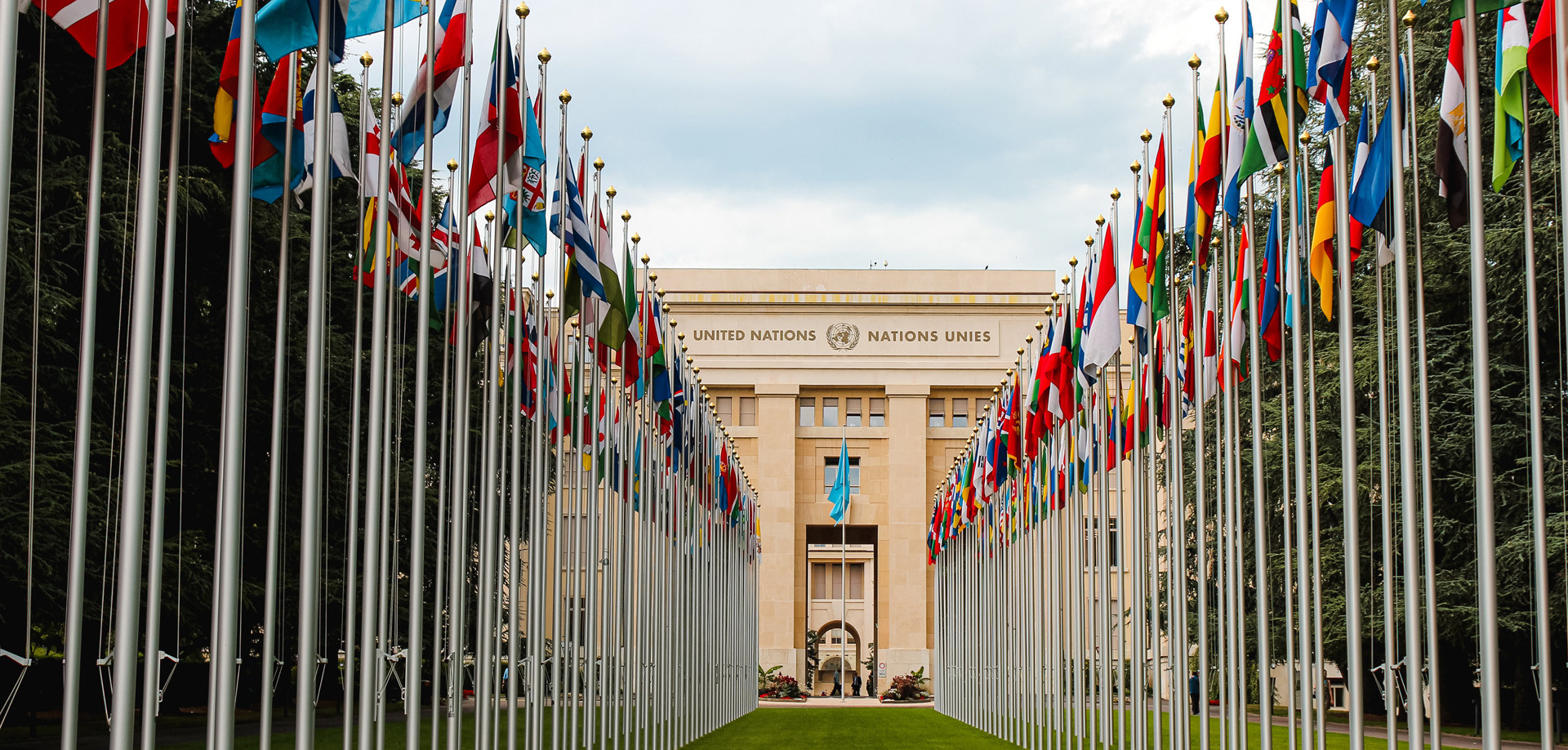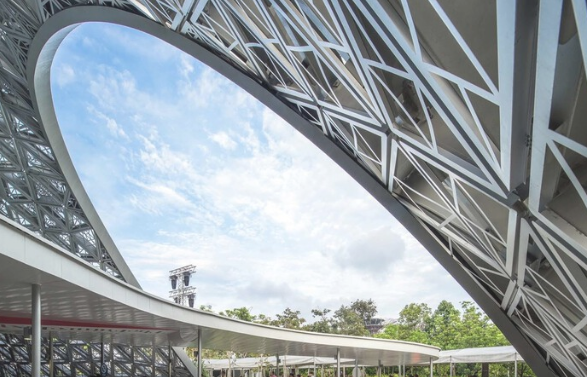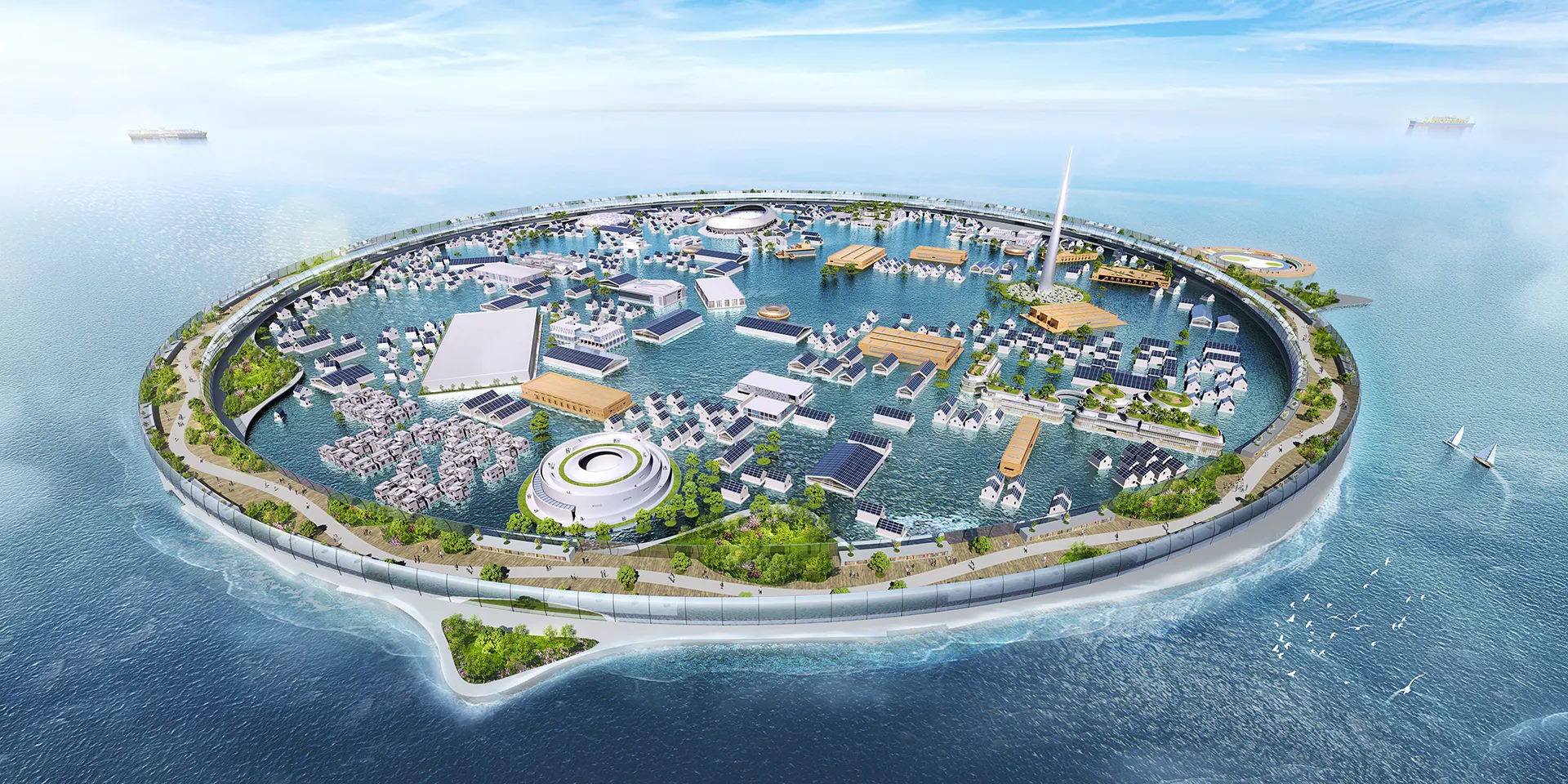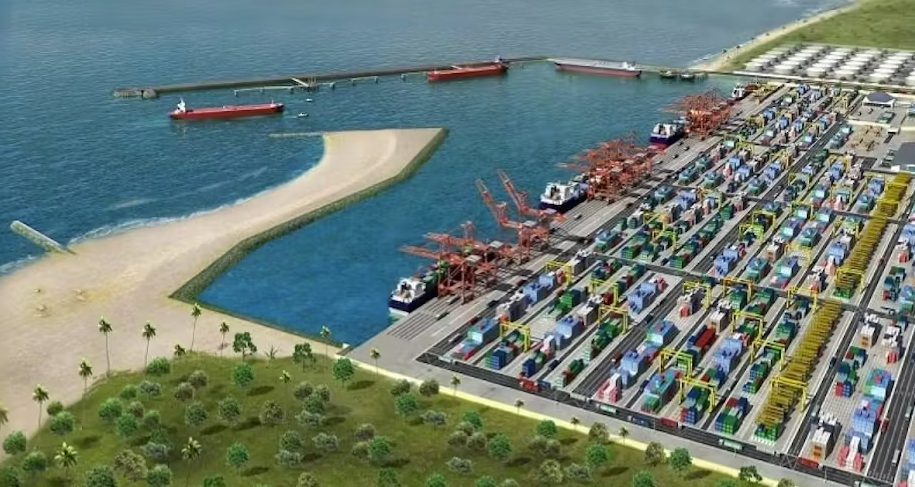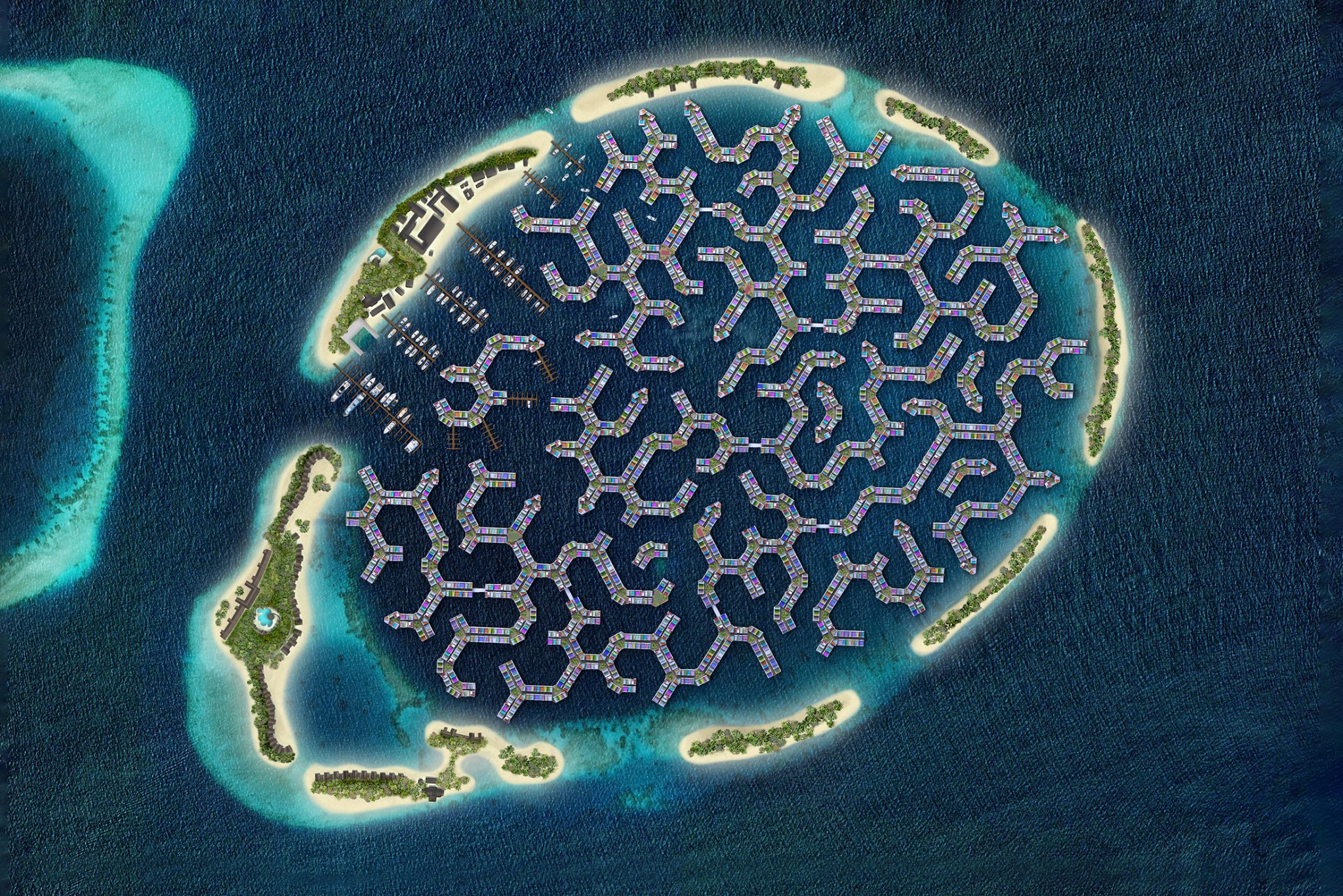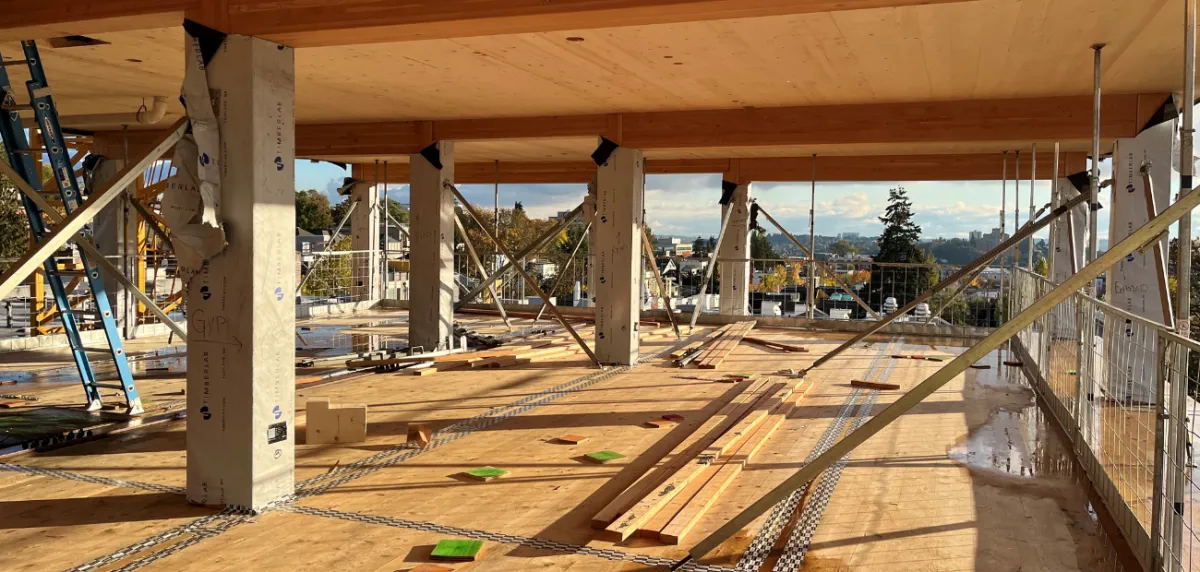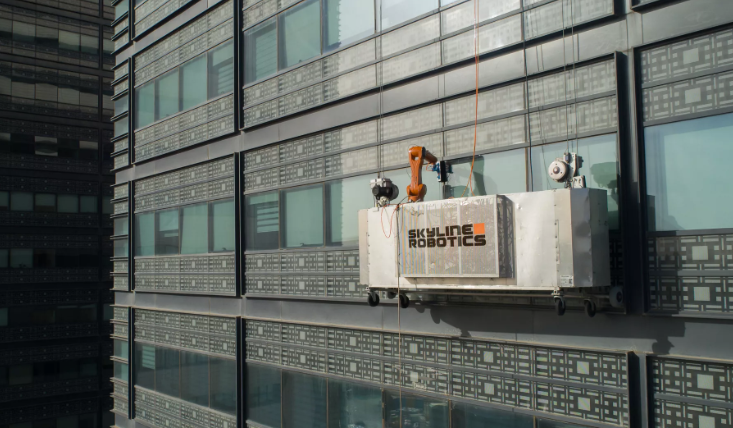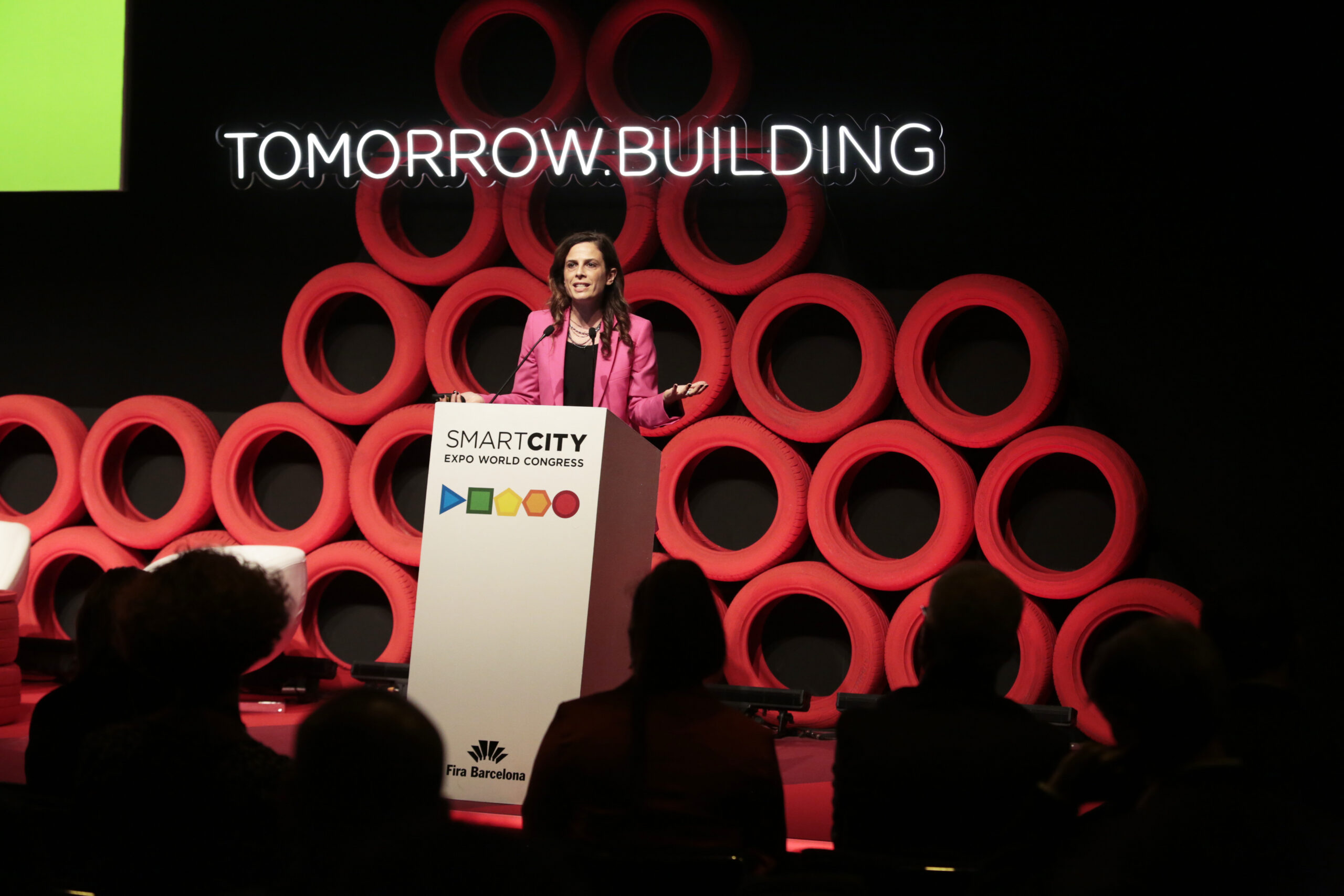Author | Patricia M. LicerasIn September 2015, at a UN summit held in New York, world leaders adopted a series of global goals to eradicate poverty, protect the planet and ensure prosperity for all. They are known as the Sustainable Development Goals (SDG), each with specific targets, which must be reached by 2030.
Policy Priority Interference (PPI) to tackle the biggest problems in the world
Achieving this will not be an easy task and, to help governments implement this new sustainable development agenda, the United Nations has launched the simulation software Policy Priority Inference (PPI).The general idea is for this platform to enable states, international organizations and social development consultants to anticipate the medium-long term effects of specific policies in order to prioritize these with the aim of advancing towards the Sustainable Development Goals. It is similar to a digital twin like those applied to urban development, but applied to different types of policies.
How does this computer simulation tool work?
 As explained by the MIT Technology Review magazine owned by the Massachusetts Institute of Technology, this tool draws on “economics, behavioral science, and network theory to simulate a government, which allocates a pot of money, and bureaucrats, who spend what they are given on different projects”.According to this description, the model integrates a whole series of data, such as a country’s general budget, the impact spending has had on particular policies in the past, or estimated losses due to known inefficiencies. It then suggests which policies are worth investing in most. For example, “investing in education may alleviate gender inequality, but investing in GDP growth may not be good for reducing greenhouse-gas emissions”.The UN Policy Priority Inference is similar to other initiatives, such as the one headed by the US company Salesforce, which has developed an artificial intelligence solution that examines different variables in order to determine the most appropriate taxes with the aim of combating economic inequality, anticipating the specific consequences of certain political decisions.The United Nations tool is being tested by the authorities in Mexico and Uruguay -Colombia would be the next country on the list- and the United Kingdom’s Department for International Development has also shown an interest in it.
As explained by the MIT Technology Review magazine owned by the Massachusetts Institute of Technology, this tool draws on “economics, behavioral science, and network theory to simulate a government, which allocates a pot of money, and bureaucrats, who spend what they are given on different projects”.According to this description, the model integrates a whole series of data, such as a country’s general budget, the impact spending has had on particular policies in the past, or estimated losses due to known inefficiencies. It then suggests which policies are worth investing in most. For example, “investing in education may alleviate gender inequality, but investing in GDP growth may not be good for reducing greenhouse-gas emissions”.The UN Policy Priority Inference is similar to other initiatives, such as the one headed by the US company Salesforce, which has developed an artificial intelligence solution that examines different variables in order to determine the most appropriate taxes with the aim of combating economic inequality, anticipating the specific consequences of certain political decisions.The United Nations tool is being tested by the authorities in Mexico and Uruguay -Colombia would be the next country on the list- and the United Kingdom’s Department for International Development has also shown an interest in it.
Is the Policy Priority Interference (PPI) software that effective?
 Without doubt, the United Nations model, developed in collaboration with the Alan Turing Institute of London and the Center for Research and Teaching in Economics (CIDE) in Mexico, allows a more or less realistic theoretical framework to be offered for the management of public policies. It also allows the limitations of traditional statistical analyses in this area to be overcome, which are incapable of effectively managing the large number of indicators involved in the SDG.However, for Policy Priority Inference to really work and fulfil the objective for which it was created, the quantity and quality of the information it gathers will be key. In this data collection, the willingness of the various governments when it comes to providing the data will not be the same. Furthermore, with these computerized models, there is always the risk of simplifying the complex reality, omitting the human factors and other non-identified and non-quantified elements.Precisely because of these types of limitations, the time when politicians are stripped of decision-making powers regarding public issues, erased by artificial intelligence based on the principle of efficiency, seems a long way away, although recent decades have shown us that things tend to happen faster than we think.Images | Mat Reding, Ben White, Ilyass SEDDOUG
Without doubt, the United Nations model, developed in collaboration with the Alan Turing Institute of London and the Center for Research and Teaching in Economics (CIDE) in Mexico, allows a more or less realistic theoretical framework to be offered for the management of public policies. It also allows the limitations of traditional statistical analyses in this area to be overcome, which are incapable of effectively managing the large number of indicators involved in the SDG.However, for Policy Priority Inference to really work and fulfil the objective for which it was created, the quantity and quality of the information it gathers will be key. In this data collection, the willingness of the various governments when it comes to providing the data will not be the same. Furthermore, with these computerized models, there is always the risk of simplifying the complex reality, omitting the human factors and other non-identified and non-quantified elements.Precisely because of these types of limitations, the time when politicians are stripped of decision-making powers regarding public issues, erased by artificial intelligence based on the principle of efficiency, seems a long way away, although recent decades have shown us that things tend to happen faster than we think.Images | Mat Reding, Ben White, Ilyass SEDDOUG
